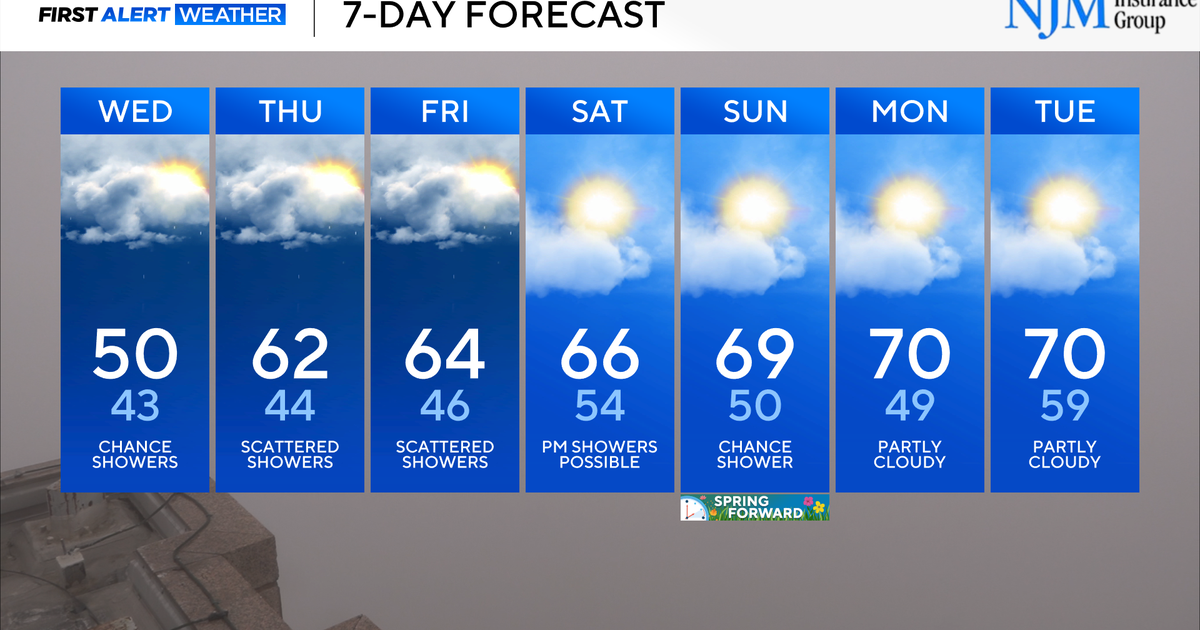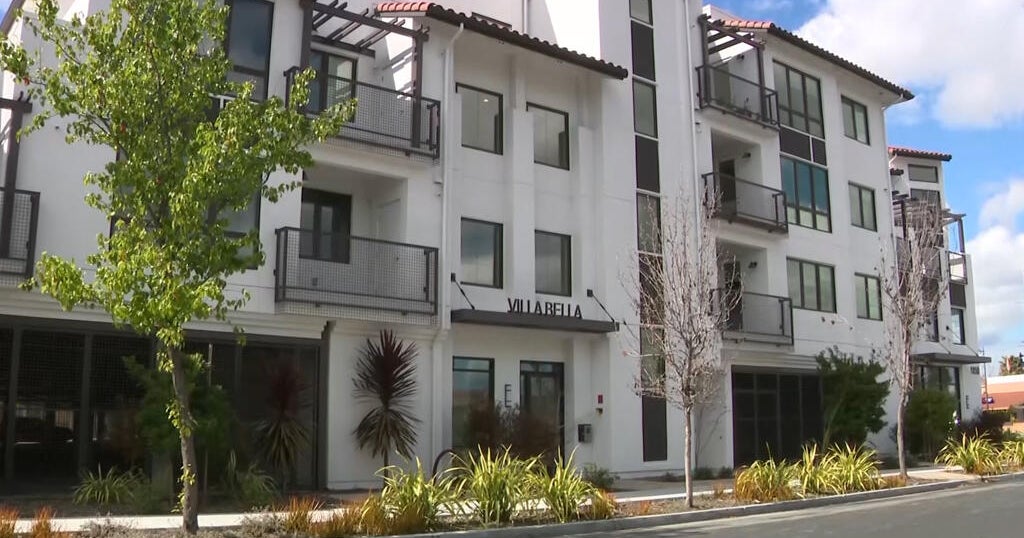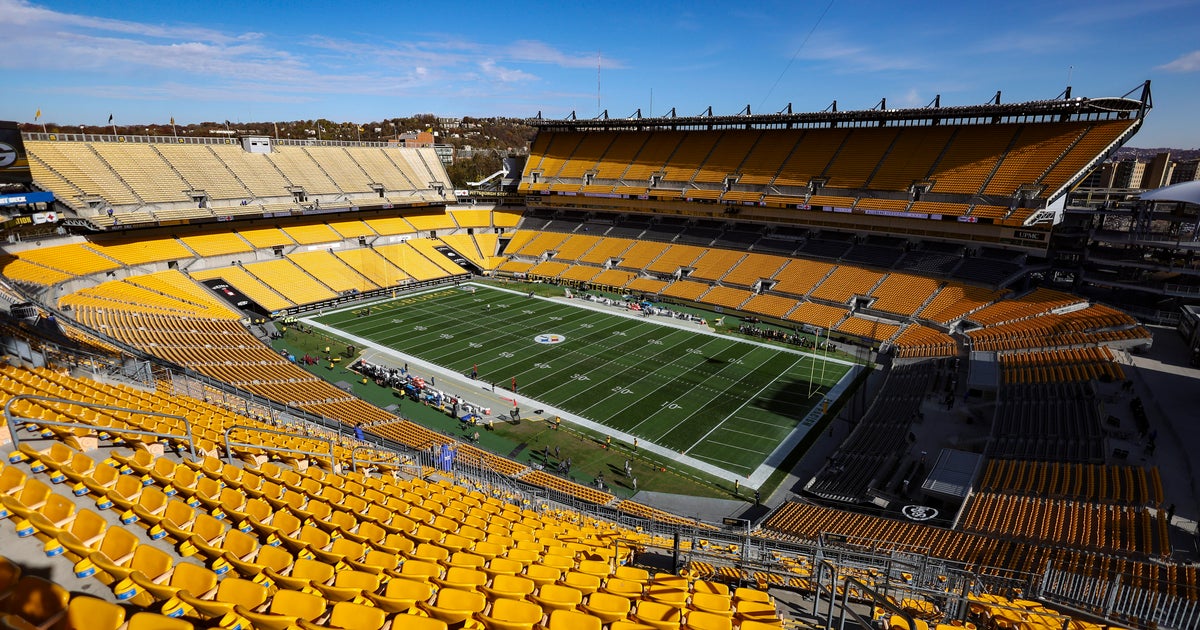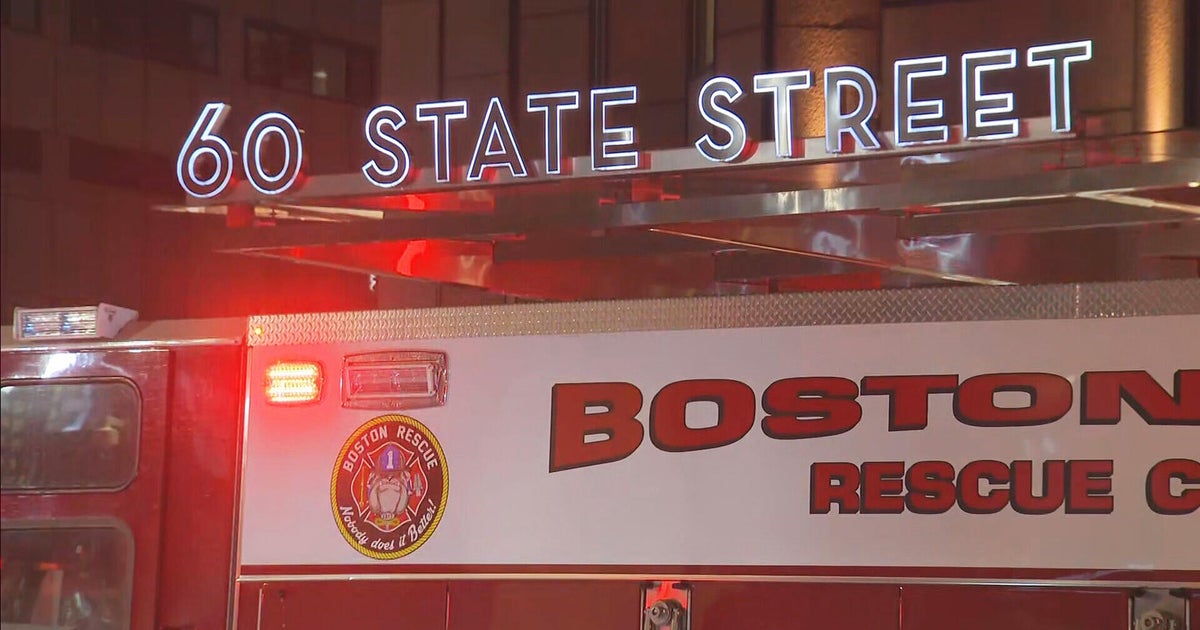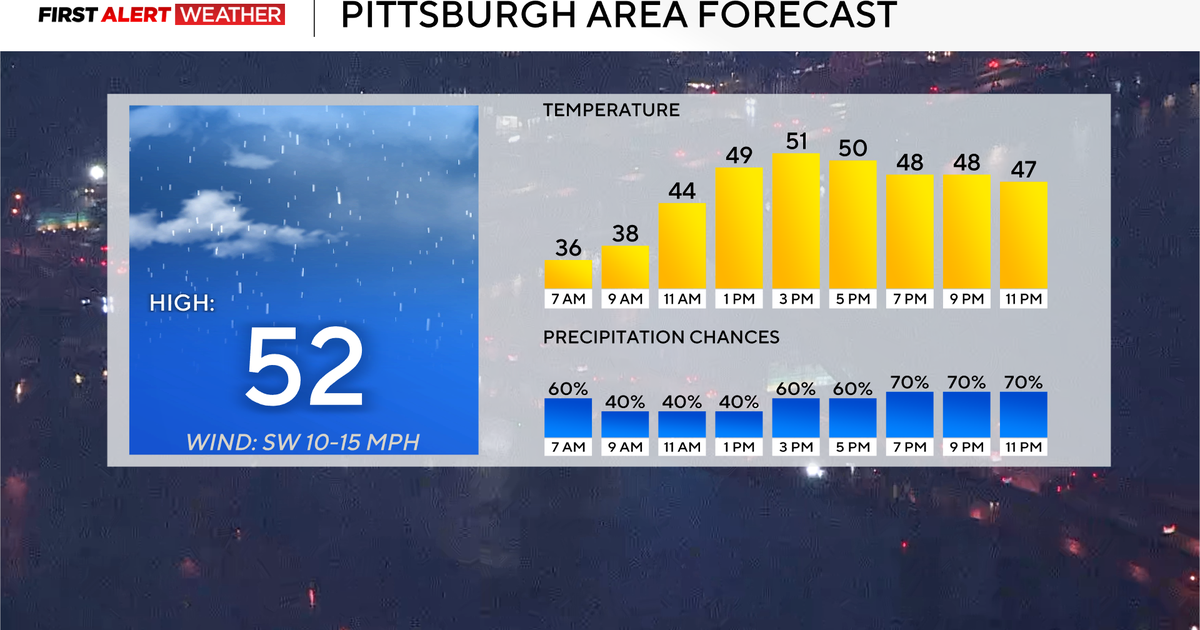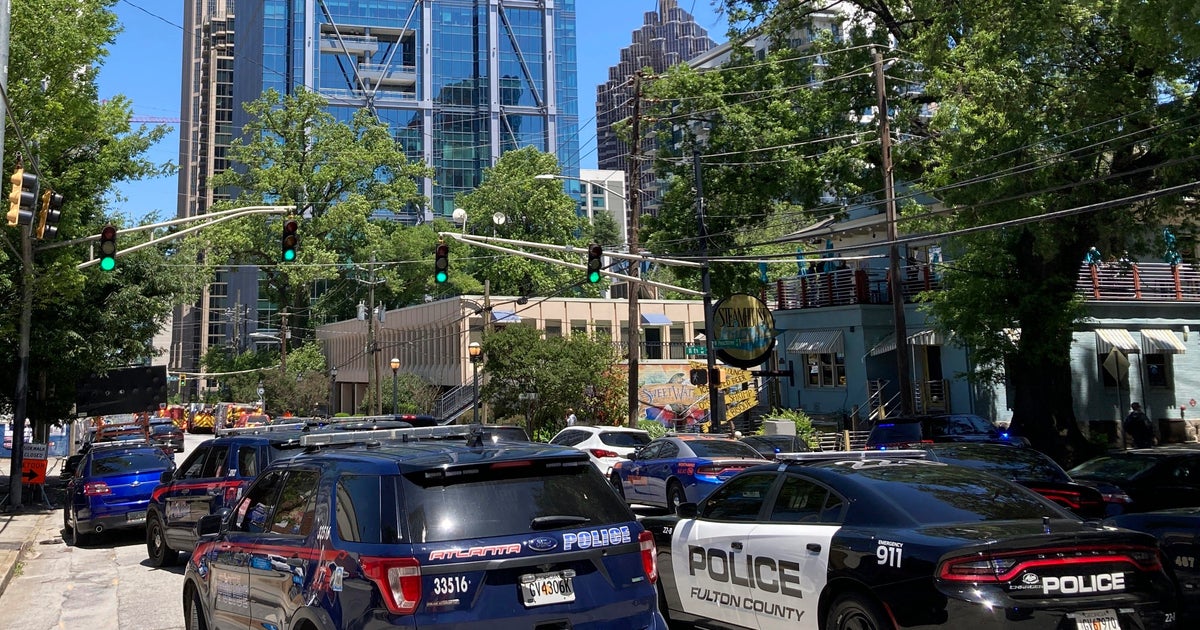Maryland governor issues State of Preparedness declaration for potentially dangerous heat wave
BALTIMORE - Maryland Gov. Wes Moore signed a State of Preparedness declaration ahead of a potentially dangerous heat wave that could top 100 degrees this weekend.
Record-high temperatures are possible Friday through Sunday, with high humidity.
Temperatures are forecast to be in the mid-90s on Friday and getting hotter on Saturday and Sunday.
The heat, locally, could impact those attending this weekend's AFRAM Festival at Druid Hill Park.
"The health and safety of Marylanders is our top priority. By declaring a State of Preparedness, I am directing the Department of Emergency Management to coordinate the comprehensive preparation of State government ahead of potential impacts because of the extreme heat and humidity," Moore said. "Please remain vigilant, stay hydrated, and remain in cool locations as much as possible, and please check on vulnerable family members and friends."
The State of Preparedness declaration order directs the Department of Emergency Management to coordinate the comprehensive preparation of state government ahead of potential impacts from hazards or threats, providing a vital layer of protection for Marylanders without necessitating a State of Emergency.
According to the National Weather Service, Marylanders can expect the following during this period:
- High temperatures in the mid to upper 90s each afternoon east of the Alleghenies, possibly approaching 100F. Peak heat indices between 100-105 possible.
- High temperatures in the mid to upper 80s for the Alleghenies.
- Prolonged heat and humidity will increase the potential for heat-related illnesses, particularly for those working outdoors or participating in outdoor activities.
Preparedness Recommendations:
- Never leave infants, children or pets inside a parked vehicle.
- Increase fluid intake, regardless of activity level. Don't wait until thirsty to drink fluids; drink more liquid than one's thirst indicates.
- Avoid "heat hangover." Continue to drink fluids even after strenuous activity. This will enable the body to maintain optimum hydration, and help prevent the after effects of heat exposure such as headaches and fatigue.
- Avoid beverages containing alcohol, caffeine or large amounts of sugar, as they dehydrate the body.
- Avoid very cold beverages as they may cause stomach cramps.
- Limit exercise or outdoor activity between the hours of 11 a.m. and 3 p.m. when the sun is at its peak intensity. If active during this time frame, drink a minimum of 16 to 32 ounces of water each hour.
- Some medications, both prescription and over-the-counter, may increase the risk of heat related illness. Consult your physician if you have questions.
- Wear sunscreen with a minimum SPF 15. Apply at least 30 minutes before going outdoors, and re-apply as necessary.
- Rest frequently in shady areas so that the body's temperature has a chance to recover.
- If unaccustomed to working or exercising in a hot environment, gradually increase the pace and limit exercise or work time.
- Wear lightweight, loose-fitting clothing; sunglasses to protect the eyes; and a wide-brimmed hat to provide shade and keep the head cool.
- Know where your local cooling centers are located.
"Heat-related deaths and illnesses are preventable," said Maryland Department of Health Secretary Dr. Laura Herrera Scott. "We want all Marylanders to have the information they need to stay safe and cool this summer. As this heat wave continues, take extra precautions to avoid overheating and check on friends and neighbors that may be susceptible to the heat, especially the elderly."
